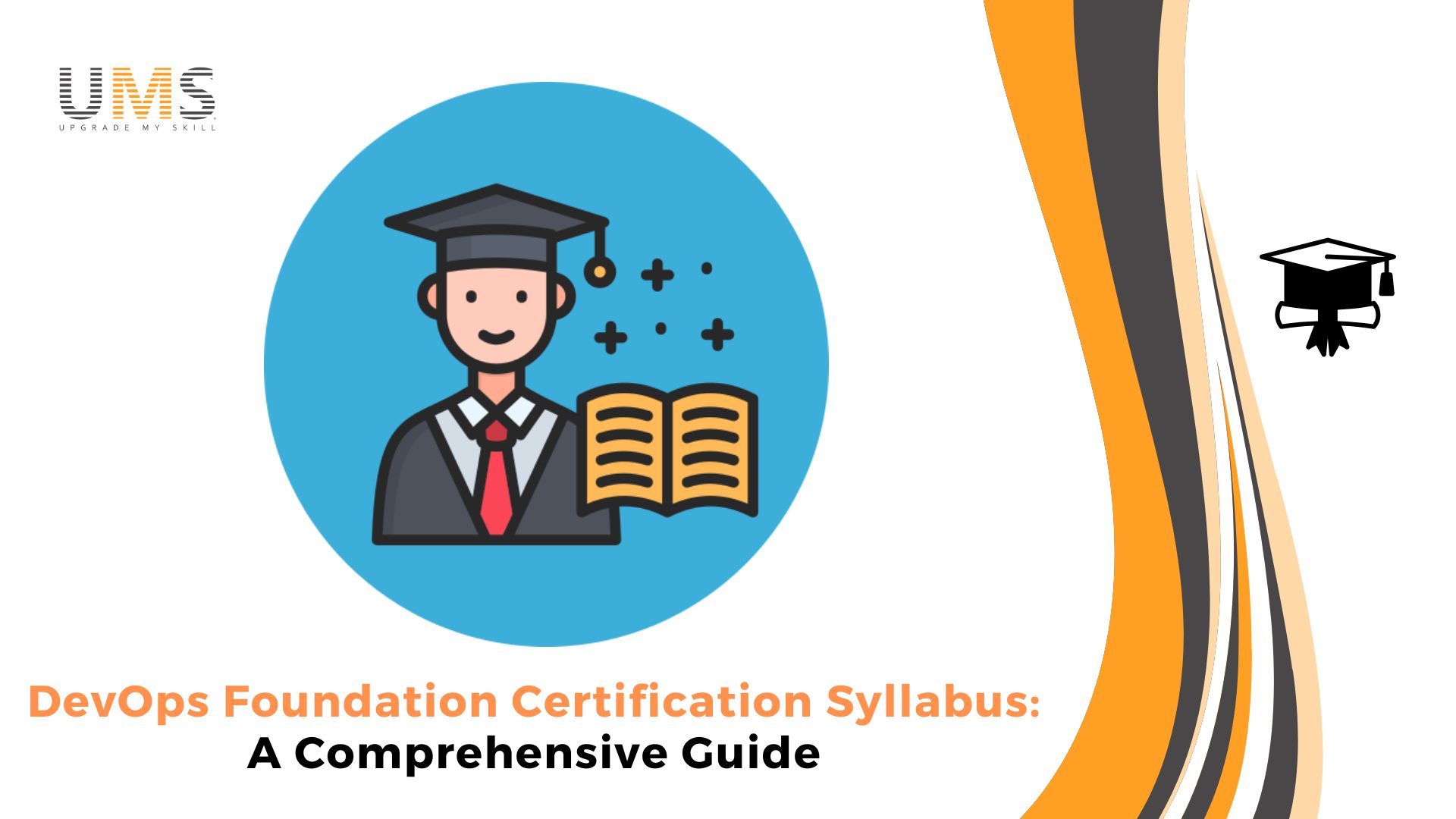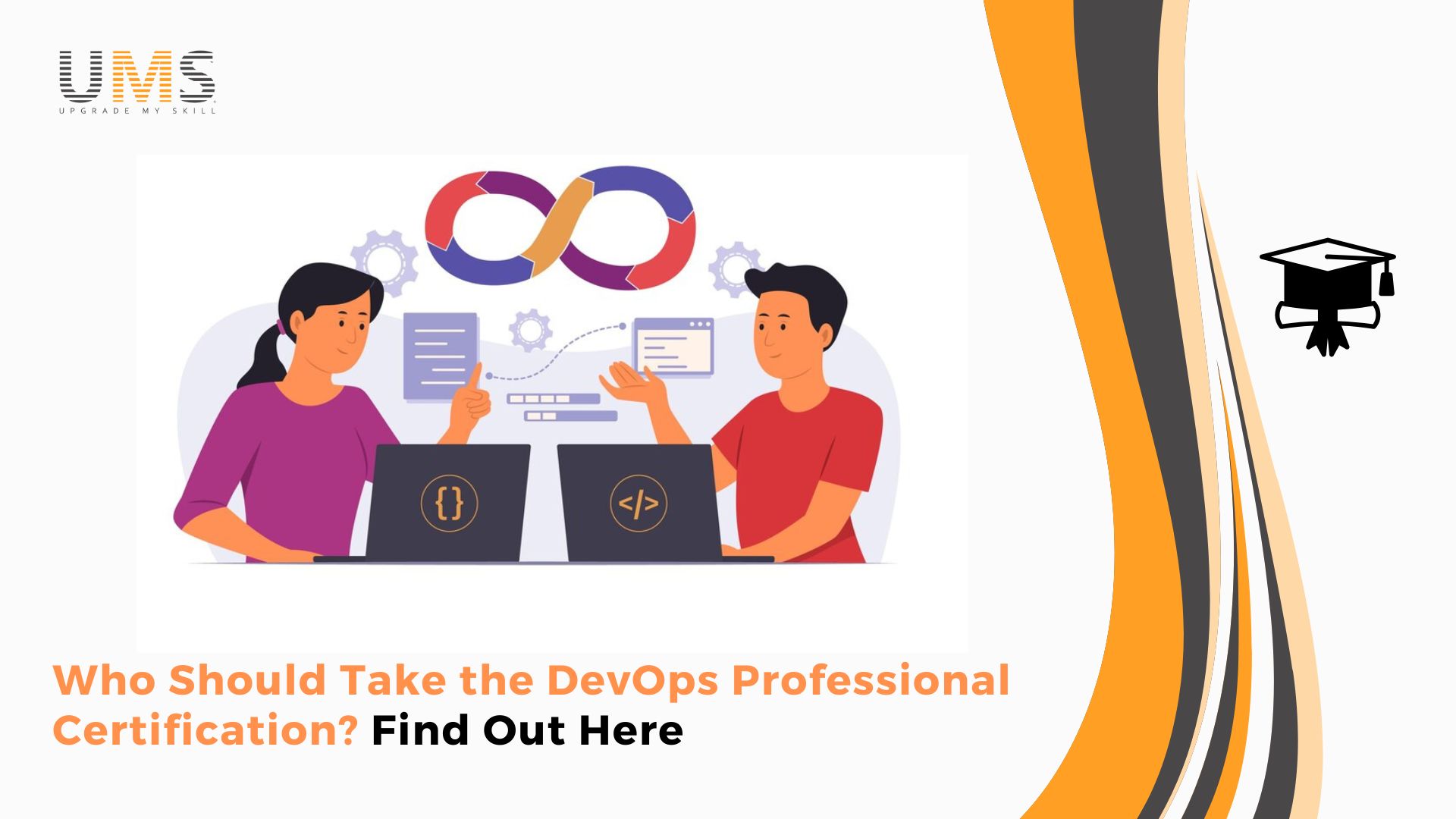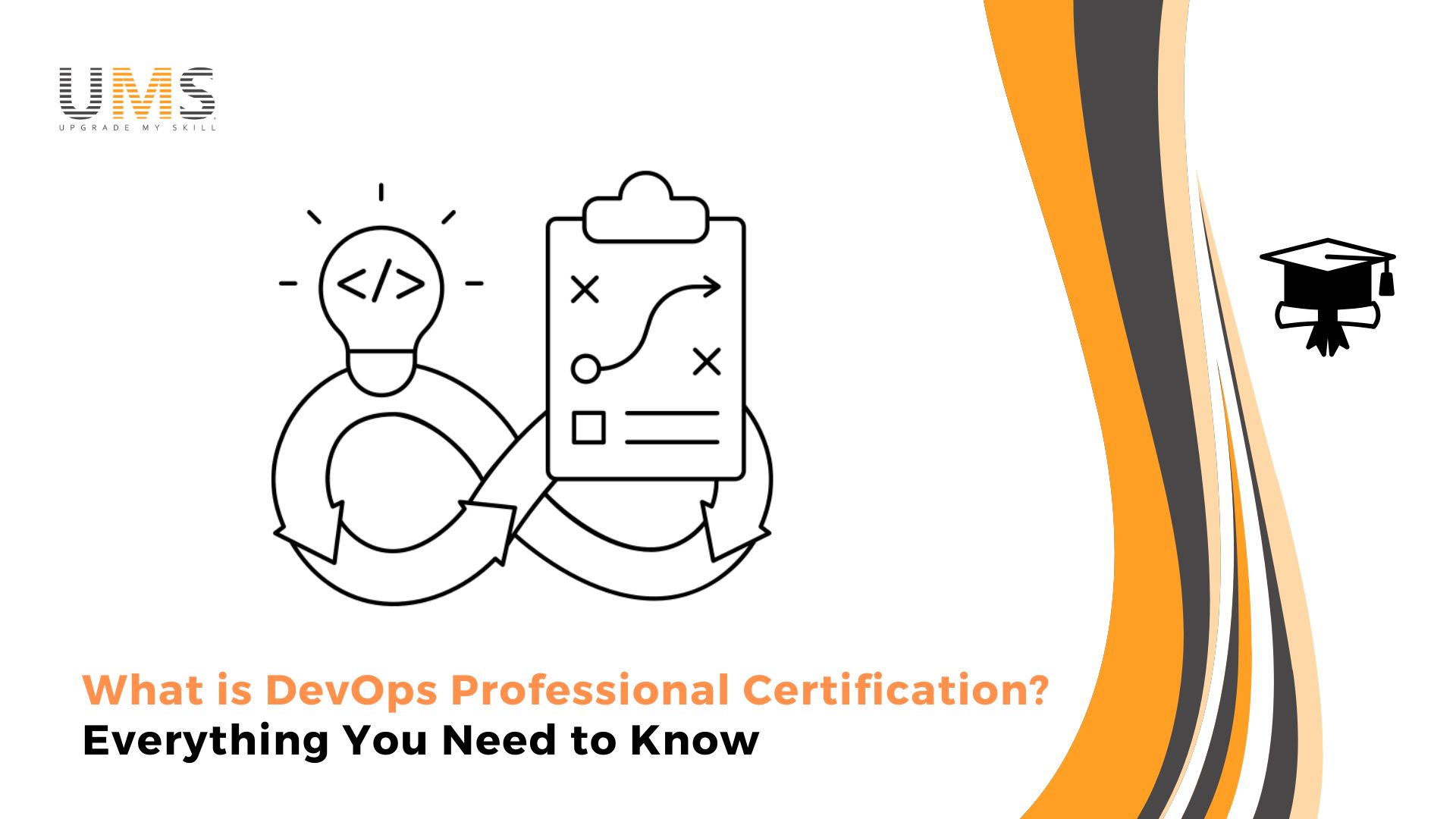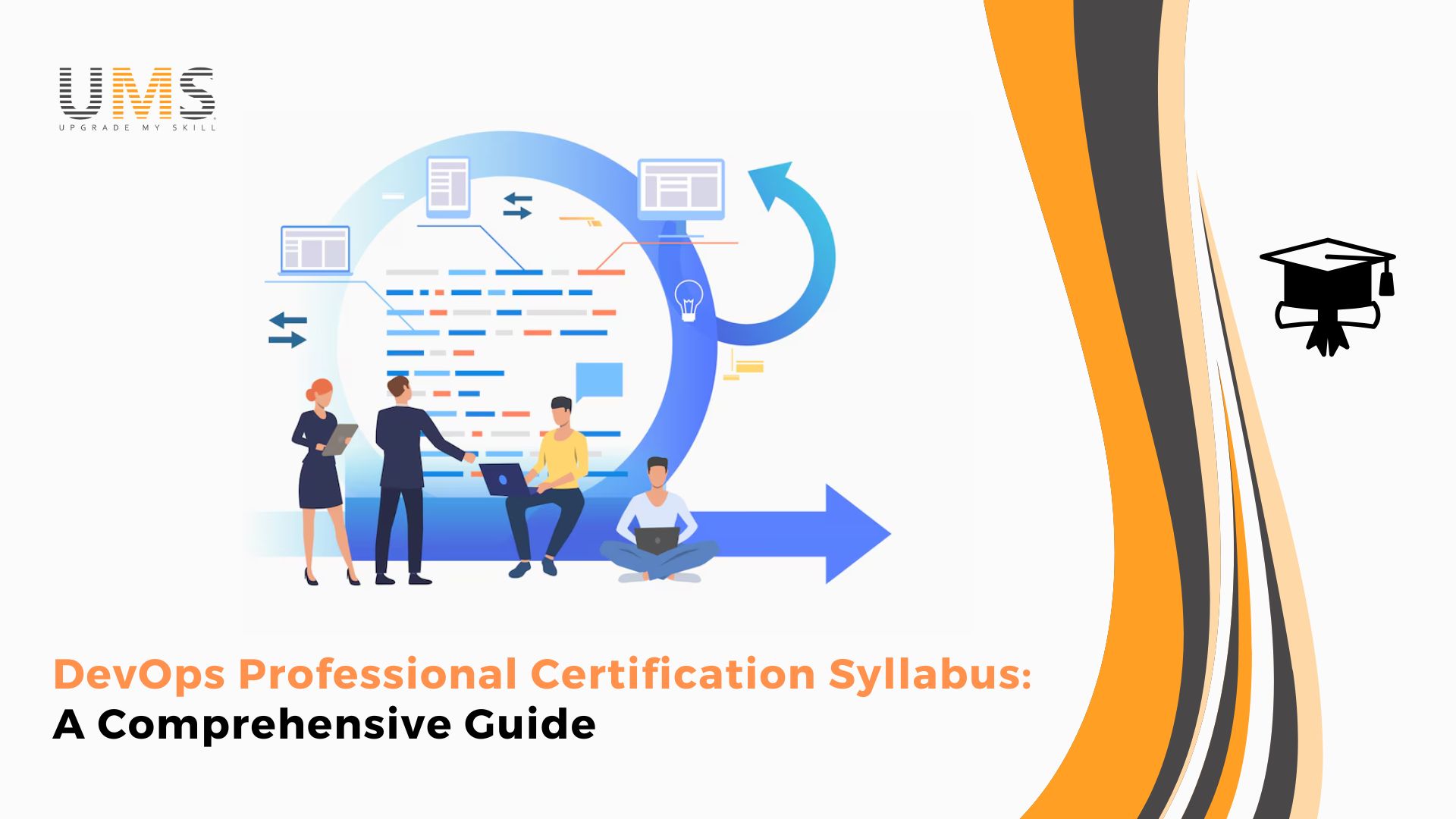- Posted By Admin
- Apr 24, 2025

In today's fast-paced IT landscape, organizations are increasingly adopting DevOps to enhance collaboration between development and operations teams. The goal is to accelerate software delivery while maintaining quality and ensuring seamless communication throughout the entire lifecycle. For professionals seeking to break into this transformative field, the DevOps Foundation Certification Training is the perfect starting point. This certification serves as a stepping stone to understanding the core principles of DevOps, equipping you with the essential knowledge to succeed in the industry. This comprehensive guide explores the key components of the DevOps Foundation Certification syllabus, offering an in-depth roadmap to mastering DevOps practices.
The DevOps Foundation Certification is designed to help professionals understand the foundational principles and practices of DevOps. It covers the core concepts of automation, collaboration, continuous integration (CI), continuous delivery (CD), and infrastructure as code (IaC). DevOps methodologies are central to modern IT operations, making this certification valuable for anyone looking to enhance their career in software development, IT operations, or cloud computing.
The certification exam assesses your understanding of the fundamental DevOps concepts and your ability to apply these principles to improve processes and practices in real-world scenarios. By obtaining the DevOps Foundation Certification, professionals demonstrate their capability to contribute to the adoption of DevOps in an organization, helping to streamline software development and IT operations.
Before diving into advanced tools and techniques, it's essential to have a solid grasp of the core DevOps principles. This section of the syllabus lays the foundation for understanding the essence of DevOps:
DevOps relies on an array of tools to automate tasks and improve workflows. The syllabus emphasizes hands-on experience with essential DevOps tools, including:
Automation of infrastructure provisioning and management is a core concept in DevOps. The IaC section of the syllabus includes:
Continuous monitoring and logging are crucial for maintaining the health and performance of applications. This section covers:
In today's environment, security is no longer an afterthought but an integral part of the DevOps process. DevSecOps is the practice of embedding security into the DevOps pipeline from the start:
DevOps promotes collaboration across teams, and Agile methodologies complement this by providing iterative and flexible frameworks for software development. This section focuses on:
To succeed in the DevOps Foundation Certification exam, comprehensive preparation is essential. This section covers:
Fast Filling! Hurry Up.
Fast Filling! Hurry Up.
The DevOps Foundation Certification is a valuable credential that demonstrates your understanding of core DevOps principles and practices. By mastering the syllabus components—from CI/CD pipelines to security integration and infrastructure automation—you’ll be well-equipped to contribute to DevOps initiatives in any organization.
At UpgradeMySkill, we offer expert-led, hands-on DevOps Foundation Certification Training that covers all the essential topics of the syllabus. Our training program includes real-world scenarios, practical exercises, and in-depth lessons on the latest DevOps tools and methodologies. With our comprehensive support and resources, you'll be fully prepared to pass the certification exam and take the next step in your DevOps career.
Visit our DevOps Foundation Certification Training to learn more and start your journey toward becoming a certified DevOps professional today!

The DevOps Professional Certification is ideal for IT professionals, software developers, system administrators, project mana...

DevOps Professional Certification validates your expertise in DevOps tools and practices, boosting career growth, salary pote...

DevOps Professional Certification validates expertise in automating software development and enhancing collaboration between...